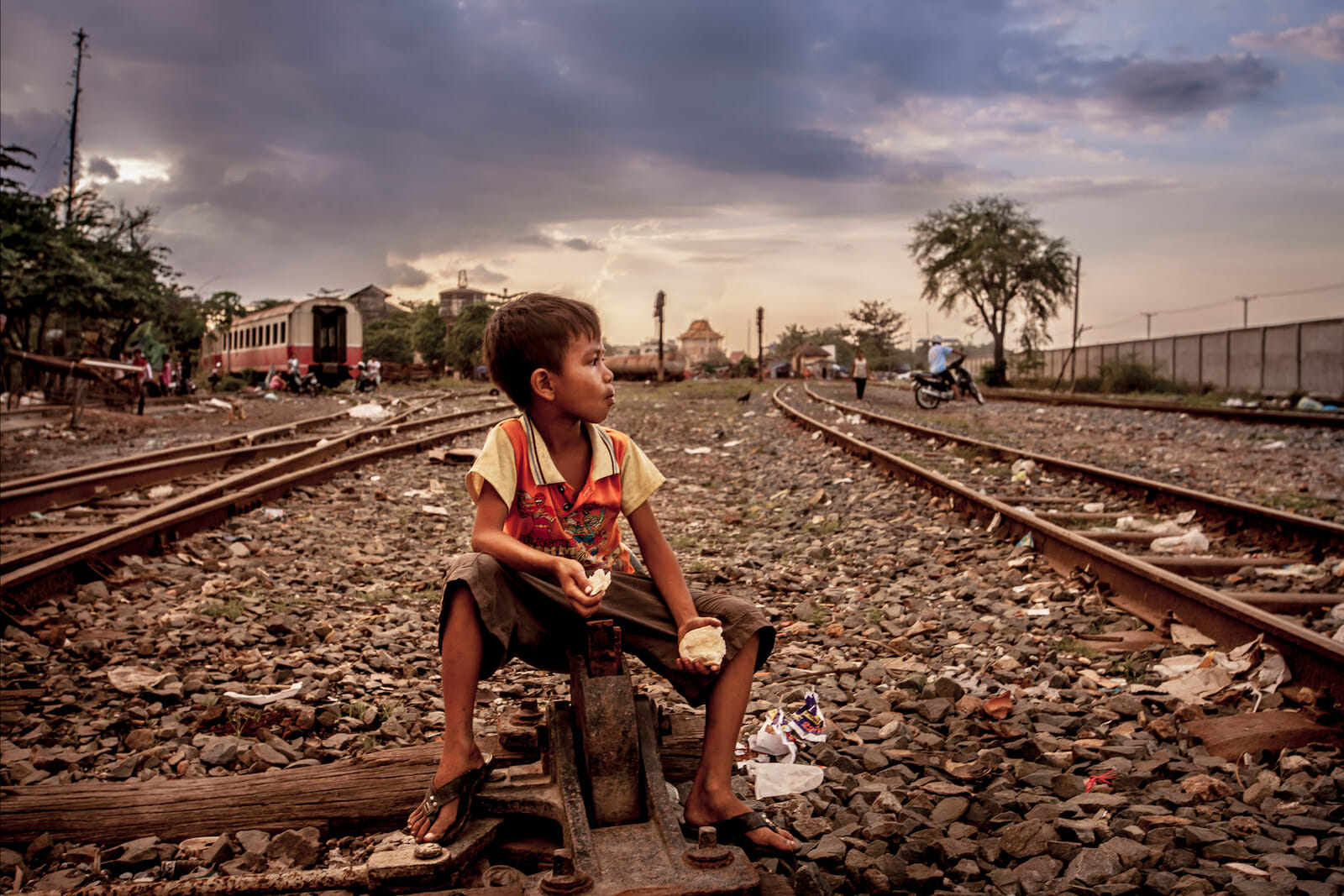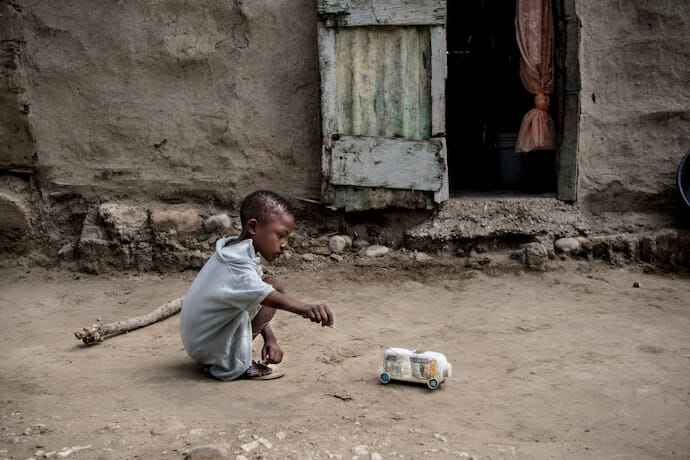
Poverty: A Social Burden or a Challenge?
What is poverty? It points to a cycle of human behavior, suggesting that the poor remain in poverty because of their adaptation to the burden of unfulfilled needs. Sudhir Vankatesh, the author of Gang Leader for a Day: A Rogue Sociologist Takes to the Streets, said of Oscar Lewis, “Maybe there’s something in the way they live, in their lifestyle…that certain behaviors get transmitted from generation to generation.”
Late Senator Patrick Moynihan once suggested that perhaps there are cultural issues at place. He said, “…family structure in most inner-city communities is so weak that it transmits these values to generations over and over, so that we have to take it – we have to find ways to take care of the family structure.”
The Census Bureau’s recent report on poverty in the U.S. is worrisome. The report, based on 2008 and 2009 data, says 42.9 million or 14.3 percent of the population now live in poverty. Thirty one states in the U.S. experienced an increase in poverty. Of course, we cannot ignore the impact of the economic calamity of 2008 on poverty. But poverty must also be examined from the social perspective.

The liberals argue that poverty is a result of discrimination and racism. The conservatives, on the other hand, argue that the poor need to change their behavior to get out of poverty. Money alone would not change poverty. I agree with the conservative’s view. And I also believe that changing behavior requires resources, not just money as liberals argue.
In my personal experience, working with young adult between the ages of 16 and 21 in impoverished neighborhoods of East New York and the South Bronx, I came to know that most of them came from single parent homes, projects, and low-income housings. Most of their parents received welfare at the time. Most of them did not have high school diplomas. A lot of them had varying degrees of infraction records, some even criminal.
Yet, many of them wanted to have a better life. They wanted desperately to leave their lives from the street corners and drug dealers and the daily grind of discrimination and being “left out.” Their intelligence overwhelmed me. Many of them took and passed the GED. Many of them wanted to go to college. Some even got accepted. But they needed help. Our program provided basic computer training and counseling to lift them out of their troubled environment. Most importantly, it was about improving their lives.
Poverty is not inherent. It is a social construct. Out of it has grown a distinct culture – a culture of poverty. Senator Moynihan was right about changing family structure to resolve the crisis of poverty. But it won’t work alone. Money, resources, and institutions need to be built and restored. Effective tools and policies must be utilized and implemented. In today’s fast moving society, we need to look back and find a way to guide and help others.

